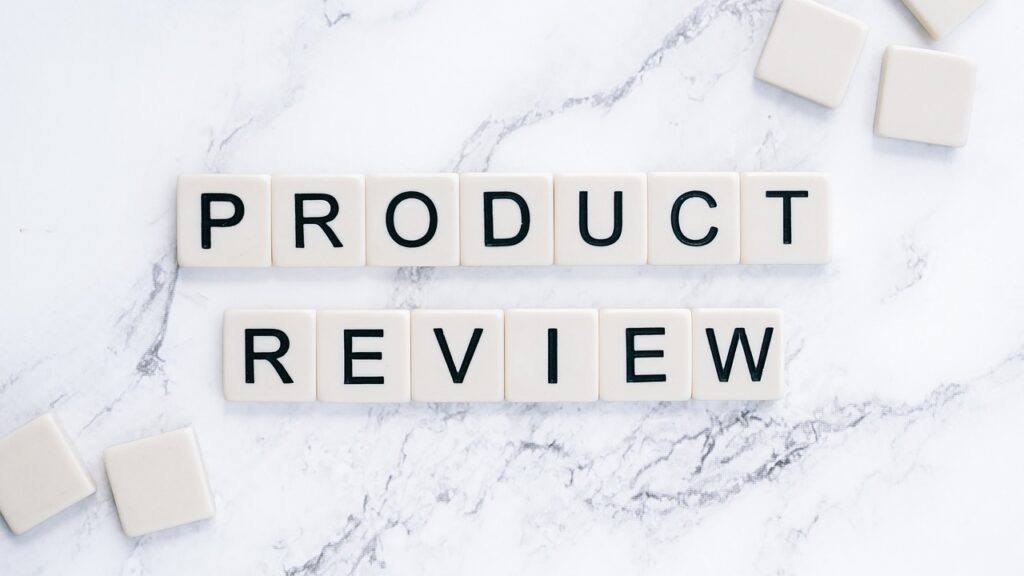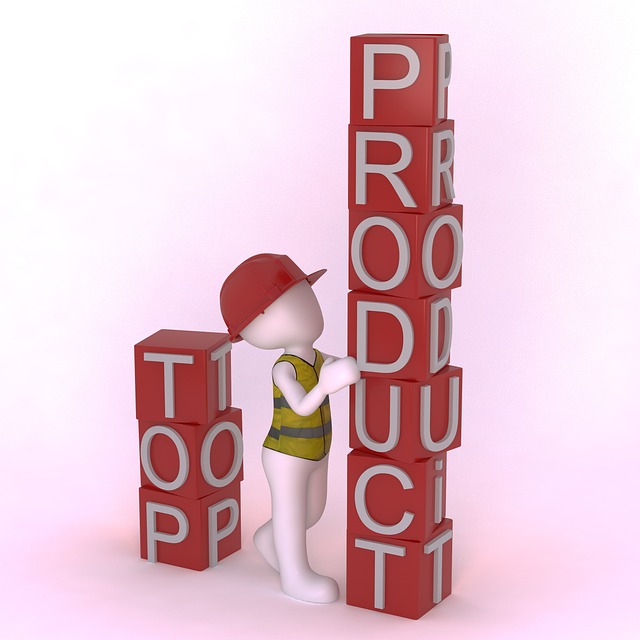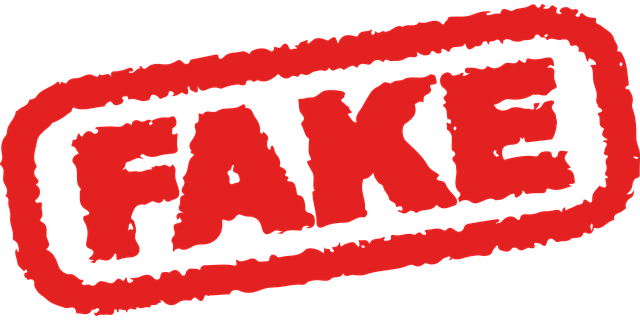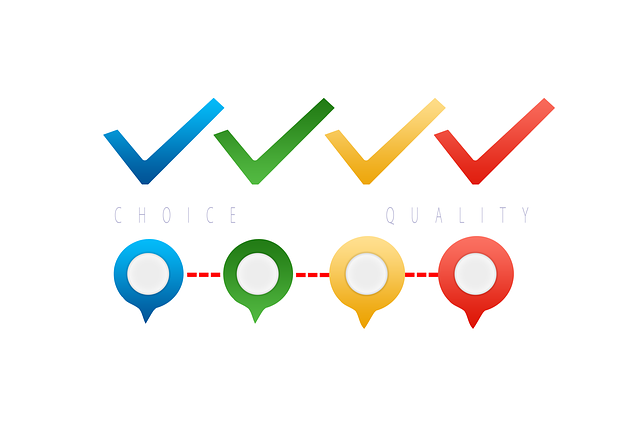
A Comprehensive Guide
In today’s digital world, online shopping has become second nature to most of us. With just a few clicks, you can order anything from a new phone to groceries, and within days (sometimes hours), it’s at your doorstep. But there’s one thing that most online shoppers rely on before making a purchase: reviews. Unfortunately, not all reviews are genuine. Fake product reviews are a growing problem, and if you’re not careful, they can lead you to waste your money on subpar or even harmful products.
So, how can you separate real reviews from the fake ones? Let’s dive into the signs of fake product reviews and how to identify them like a pro.

The Impact of Fake Reviews on Consumers
Before jumping into identification techniques, it’s crucial to understand why fake reviews exist and how they impact consumers.
- Misleading Purchases: Fake reviews can convince shoppers to buy products that don’t meet their needs or expectations.
- Financial Loss: Spending money on a poorly-reviewed item can be a costly mistake.
- Erosion of Trust: As more consumers encounter fake reviews, they lose trust in online platforms and businesses.
Common Reasons Behind Fake Reviews
Companies and individuals have several motives for creating fake reviews, such as:
- Boosting Sales: Positive reviews create the illusion of a superior product.
- Damaging Competitors: Negative reviews on rival products can steer customers away.
- Improving Rankings: Reviews are key to algorithm-driven platforms like Amazon and Google Shopping, making fake reviews a quick way to climb rankings.

How to Spot Fake Product Reviews
Now that we’ve covered the impact and motives behind fake reviews, let’s break down practical ways to spot them.
1. Look for Overly Generic or Repetitive Language
Fake reviews often use phrases like “This product is amazing!” or “Highly recommended!” without giving specific details. Genuine reviews typically provide personal anecdotes or discuss specific features of the product.
2. Check the Reviewer’s Profile
A quick glance at the reviewer’s profile can give you clues:
- Red Flags: Limited activity, only one review, or reviewing multiple unrelated products within a short time frame.
- Authenticity Signs: Profiles with detailed histories, including reviews across various categories.
3. Analyze the Timing of Reviews
If you notice a sudden flood of reviews over a short period, it could indicate a fake review campaign. Legitimate reviews are often spread out as people purchase and use the product over time.
4. Pay Attention to Star Ratings
Fake reviews often go to extremes: either all 5-star or all 1-star. Authentic reviews tend to cluster around the middle, highlighting both pros and cons.
5. Use Verified Purchase Indicators
Many platforms like Amazon show whether the reviewer purchased the product. While not foolproof, this can help filter out some fake reviews.
6. Check for Balanced Opinions
Genuine reviews often point out both positive and negative aspects of a product. If every review is glowing without any criticism, it’s worth being skeptical.
7. Examine the Language and Grammar
Many fake reviews are poorly written, with awkward phrasing, spelling errors, or an overly promotional tone. On the other hand, some are overly polished and sound like marketing copy.

Tools to Help Spot Fake Reviews
In addition to your observational skills, there are several tools designed to identify fake reviews:
- Fakespot: Analyzes reviews and provides a trustworthiness score.
- ReviewMeta: Offers detailed insights on the authenticity of Amazon reviews.
- Trustpilot: Helps verify reviews across various e-commerce platforms.
The Role of E-Commerce Platforms
E-commerce platforms play a significant role in tackling fake reviews. Companies like Amazon, Google, and Yelp have implemented policies and technologies to combat the issue, such as:
- AI-Powered Detection: Algorithms that analyze review patterns.
- Review Moderation: Flagging and removing suspicious activity.
- Transparency Initiatives: Requiring verified purchases or disclaimers.
Steps to Avoid Falling for Fake Reviews
- Read Multiple Reviews: Don’t rely on a single review. Look at a range of opinions to get a clearer picture.
- Focus on Specific Details: Genuine reviews often discuss how the product met (or didn’t meet) their needs.
- Cross-Check Reviews: Check the product on multiple platforms to see if the reviews are consistent.
- Use Common Sense: If a deal seems too good to be true or the reviews sound too perfect, trust your instincts.

The Future of Fake Reviews
As technology advances, so do the tactics of those creating fake reviews. AI-generated reviews are becoming increasingly sophisticated, making them harder to detect. However, advancements in AI can also work in favor of consumers, helping to identify and remove fraudulent content.
Why Combating Fake Reviews is Important
Beyond protecting individual consumers, fighting fake reviews is essential for maintaining trust in e-commerce. If left unchecked, fake reviews can undermine the integrity of online shopping, harming businesses and consumers alike.

CONCLUSION
Fake product reviews are a growing challenge, but they’re not unbeatable. By staying vigilant and using the strategies outlined here, you can shop online with confidence, avoiding scams and making informed decisions.
Next time you’re scrolling through reviews, remember: not all that glitters is gold. Take a closer look, trust your instincts, and shop smarter.
FAQs
1. Are all 5-star reviews fake?
Not necessarily. Some products genuinely deserve high ratings, but a disproportionate number of perfect reviews can be suspicious.
2. Can I trust reviews from friends and family?
Personal recommendations can be valuable, but always consider whether their opinions might be biased.
3. What should I do if I suspect a fake review?
Report it to the platform. Most e-commerce sites have systems in place for flagging suspicious reviews.
4. Are AI-generated reviews always fake?
Yes, AI-generated reviews are typically considered fake unless explicitly disclosed. Look for signs of automation in language and structure.
5. How can I help combat fake reviews?
Leave honest, detailed reviews about your own purchases. Authentic feedback benefits everyone in the online shopping community.


